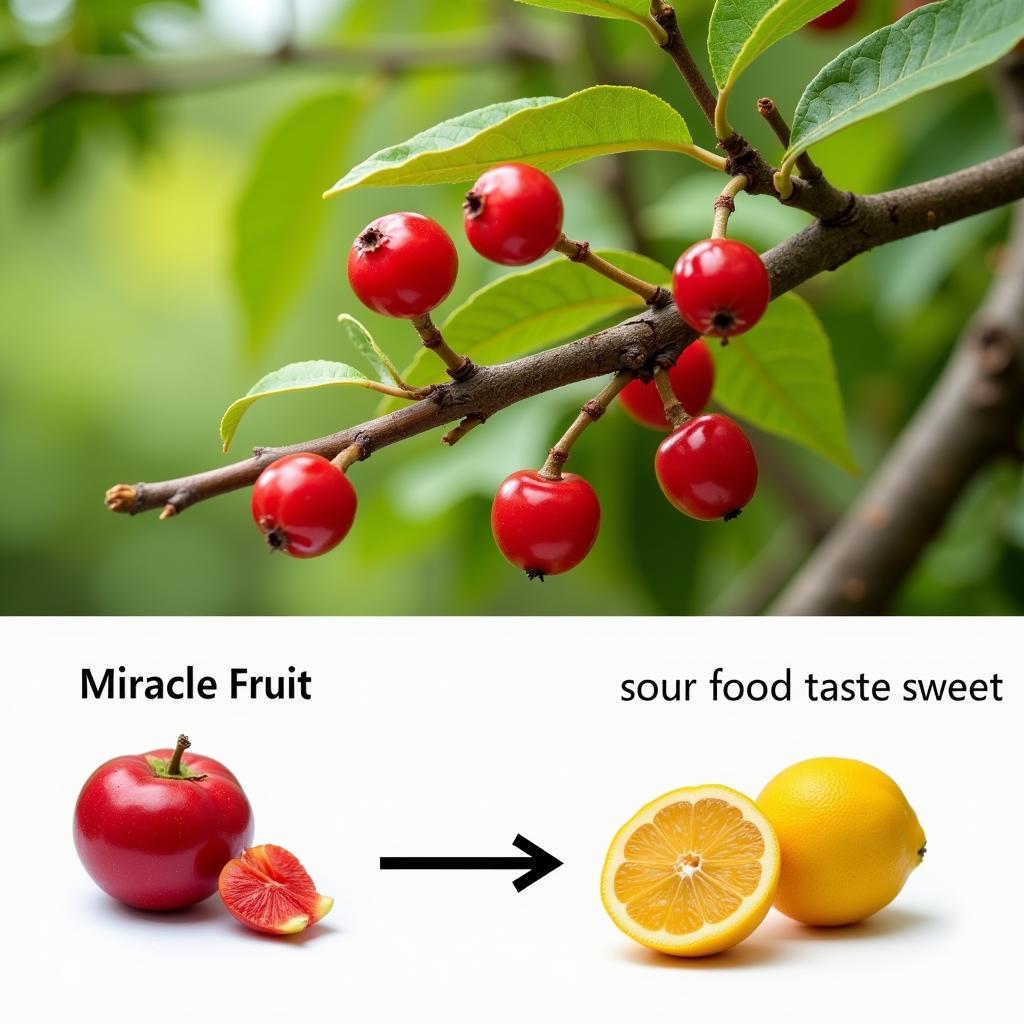African Jewel Cichlid in Florida: A Comprehensive Guide
The African jewelfish in Florida presents a unique case study in invasive species. This vibrant, yet disruptive, cichlid has carved its niche in the Sunshine State’s waterways, impacting native ecosystems and raising concerns among conservationists. Understanding its behavior, impact, and potential control methods is crucial for protecting Florida’s biodiversity.
Understanding the African Jewel Cichlid (Hemichromis bimaculatus)
The African jewelfish, scientifically known as Hemichromis bimaculatus, is a popular aquarium fish due to its striking colors and active behavior. However, its hardiness and aggressive nature make it a formidable invasive species when introduced into non-native environments like Florida. Native to West Africa, these cichlids have established breeding populations in several areas of Florida, posing a threat to native fish populations. They are highly adaptable, tolerating a wide range of water conditions, further contributing to their invasive success.
The Impact of African Jewelfish in Florida
The presence of African jewelfish in Florida has several negative consequences for the native ecosystem. Their aggressive behavior allows them to outcompete native fish for food and resources. They are known to prey on smaller fish and invertebrates, disrupting the delicate balance of the food web. Furthermore, they can alter habitat structure by digging and nest-building activities.
Identifying African Jewelfish
African jewelfish are easily identifiable by their vibrant coloration. Adults typically display a reddish-orange body with iridescent blue-green spots, hence the name “jewel” fish. They also have distinctive dark spots, usually one near the gill cover and another mid-body. Their intense coloration makes them stand out against the more subdued colors of many native Florida fish.
Controlling the Spread of African Jewelfish in Florida
Managing the established populations of African jewelfish in Florida requires a multi-pronged approach. Public awareness is crucial. Aquarium owners should be educated about the risks of releasing unwanted pets into the wild. Responsible disposal methods should be promoted. Physical removal methods, like trapping and netting, can be effective in localized areas. However, these methods are labor-intensive and may not be feasible for large-scale control.
What to Do if You Catch an African Jewelfish
If you catch an African jewelfish while fishing in Florida, do not release it back into the water. Report the capture to the Florida Fish and Wildlife Conservation Commission (FWC). Providing information about the location and size of the fish can help researchers track the spread of this invasive species. You can also humanely euthanize the fish, ensuring it does not contribute to the existing invasive population.
Are African Jewelfish Edible?
While technically edible, consuming African jewelfish caught in Florida waters is not generally recommended. They are not considered a desirable game fish, and their diet may expose them to contaminants present in the environment. It’s always best to prioritize consuming fish species known to be safe and sustainable.
Conclusion
The African jewelfish in Florida poses a continuing threat to native ecosystems. Understanding their behavior and impact is essential for developing effective control strategies. By working together, we can help protect Florida’s unique biodiversity from the detrimental effects of invasive species like the African jewelfish.
FAQ
- Are African jewelfish aggressive? Yes, they are highly aggressive, especially during breeding season.
- How did African jewelfish get to Florida? They were likely introduced through the release of aquarium fish.
- What do African jewelfish eat? They are opportunistic feeders, consuming insects, smaller fish, and invertebrates.
- Can I keep an African jewelfish in my aquarium? Yes, but be responsible and never release them into the wild.
- What should I do if I see an African jewelfish in Florida waters? Report it to the FWC.
- Are there any look-alike species in Florida? Some native cichlids may share similar coloration, making accurate identification important.
- Can African jewelfish survive in cold water? They have limited tolerance for cold temperatures, which restricts their spread in some areas.
Need support? Contact us 24/7: Phone: +255768904061, Email: kaka.mag@gmail.com, or visit us at Mbarali DC Mawindi, Kangaga, Tanzania.



